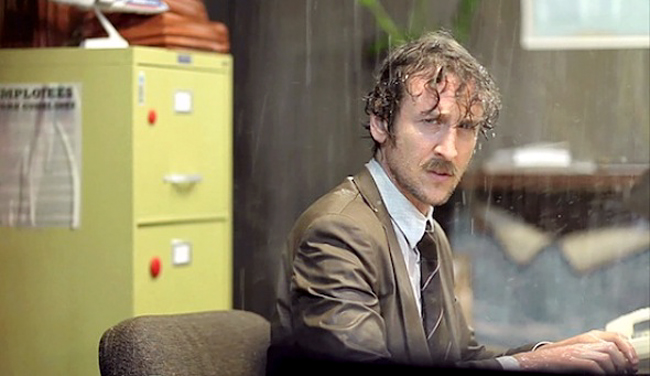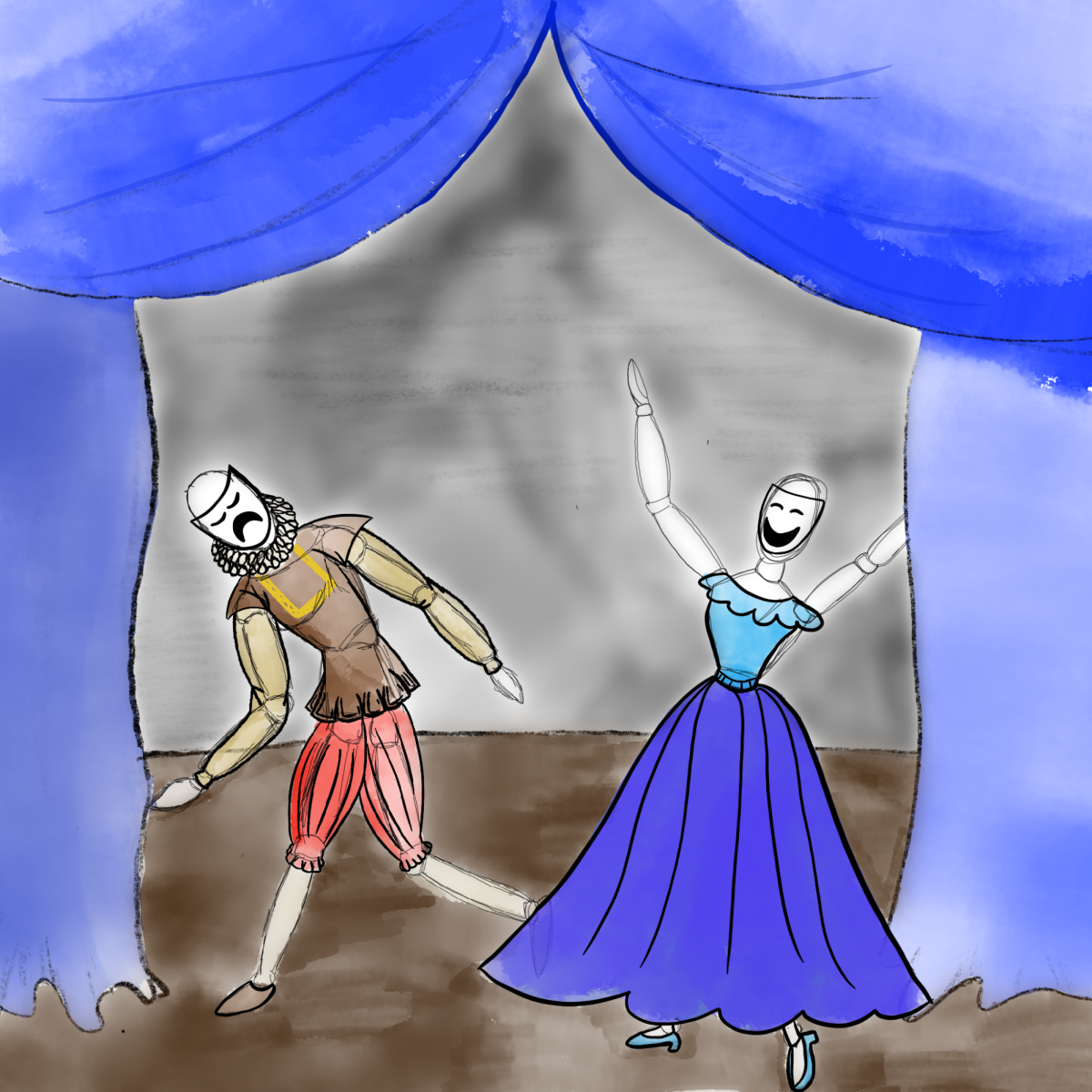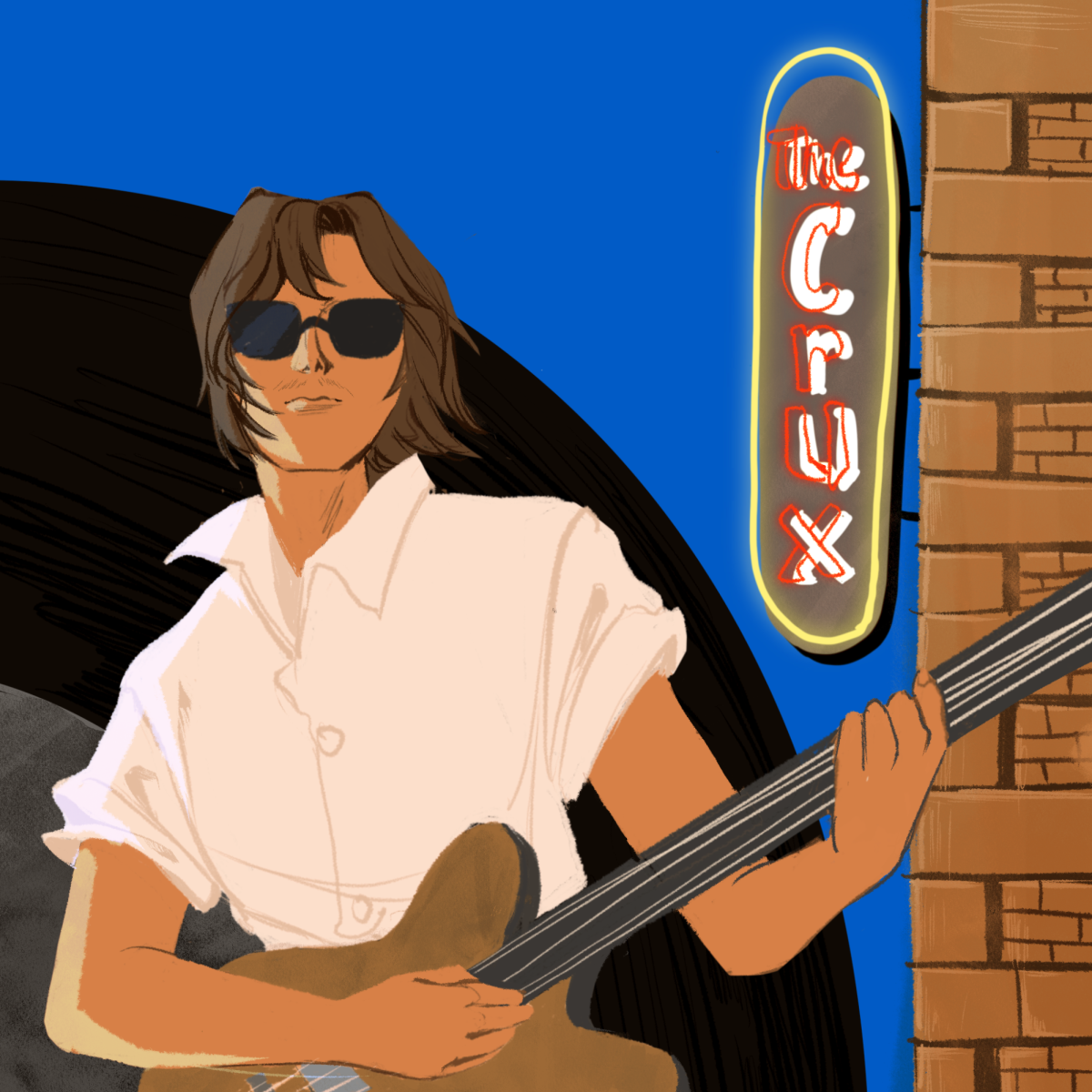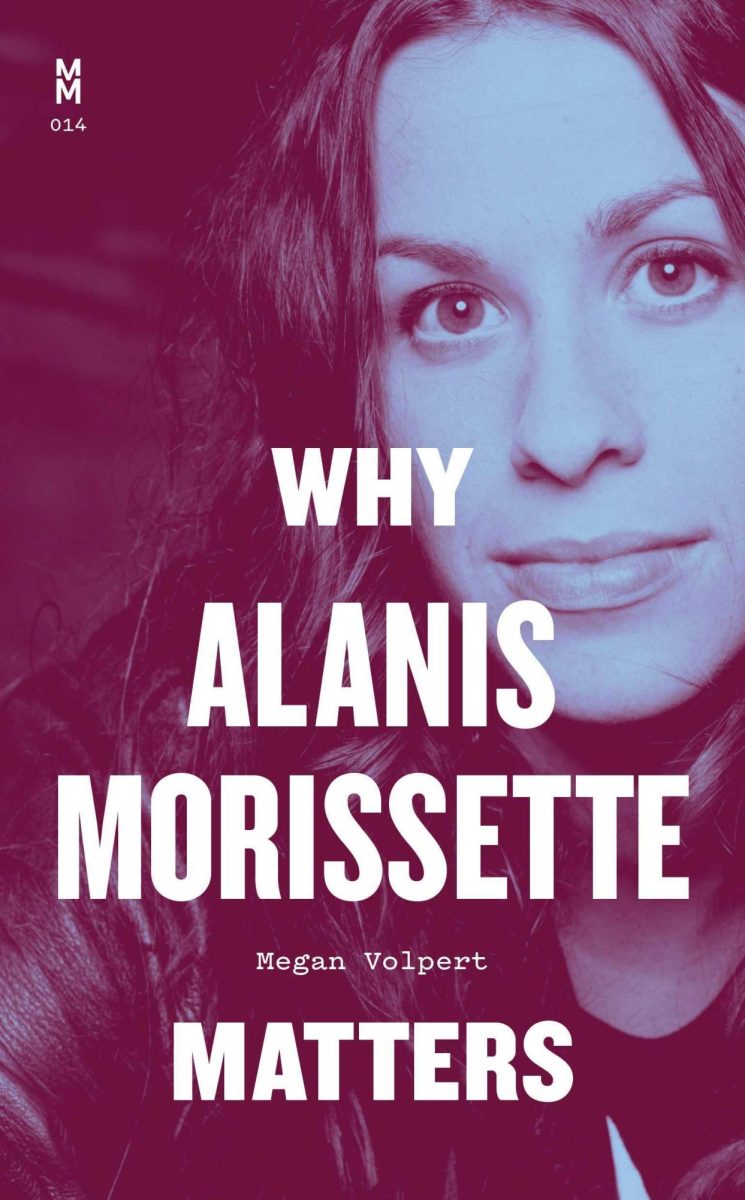When a film opens with a shot of a group of firefighters watching one of their own poop in the middle of a street while a car burns to a crisp in the background, you know that it’s going to operate on its own level of logic, and Quentin Dupieux’s “Wrong” is a wonderfully bizarre comedy. Dupieux’s last film, “Rubber,” was a surreal piece about a tire with psychic powers, and with “Wrong,” the odd writer-director continues his streak of purposeful nonsense.
Dolph (Jack Plotnick) spends much of the film searching for his lost dog, a hunt that puts him in contact with the mysterious Master Chang (William Fichtner), an alluring pizza shop employee (Alexis Dziena) and inept private eye Ronnie (Steve Little). The amount of absurdity that Dolph is exposed to over the course of “Wrong” requires Plotnick’s straight-faced ability to take everything in stride.
The most interesting thing about “Wrong” is the way it frames a perfectly relatable conflict, like losing your dog or moving in with a new girlfriend, in an absolutely ridiculous context. The film happily exists in a dimension where everything is simply a few degrees off from normal, and Dupieux creates a parade of memorable moments and characters, all of them in service of the sharply realized but totally abnormal world in which his films exist.
William Fichtner embodies one of “Wrong”’s wackiest elements with Master Chang, a facially scarred man with an unconventional approach to pet ownership. Chang is the antagonist in a roundabout way, but Fichtner makes him the most hilarious figure in a film full of hilarious figures. Fichtner delivers his dialogue with confidence, completely aware of how little sense it makes but totally invested in what he’s saying anyway. Little’s bumbling private detective is an uncharacteristically confident role for the dopey comedic actor, and Little is at his funniest when he’s getting more and more flustered by the oddities of “Wrong”’s plot.
Trying to figure out what Dupieux is trying to say with “Wrong” is probably a lost cause, and the film seems to pride itself on how little sense it makes. However, Dupieux is a strong visual storyteller, bringing a disorienting crispness to the film’s images, and his handle on tone is remarkable. His script shines as well, each character given eloquent dialogue that manages to make even the most opaque scenes human in one way or another.
Judging “Wrong” as a traditional narrative, or much of a narrative at all, is sure to be a frustrating exercise in futility. The film’s oddball momentum and the consistently unexpected and interesting storytelling choices from Dupieux make it a singular expression of a twisted, gleefully nonsensical voice.





















